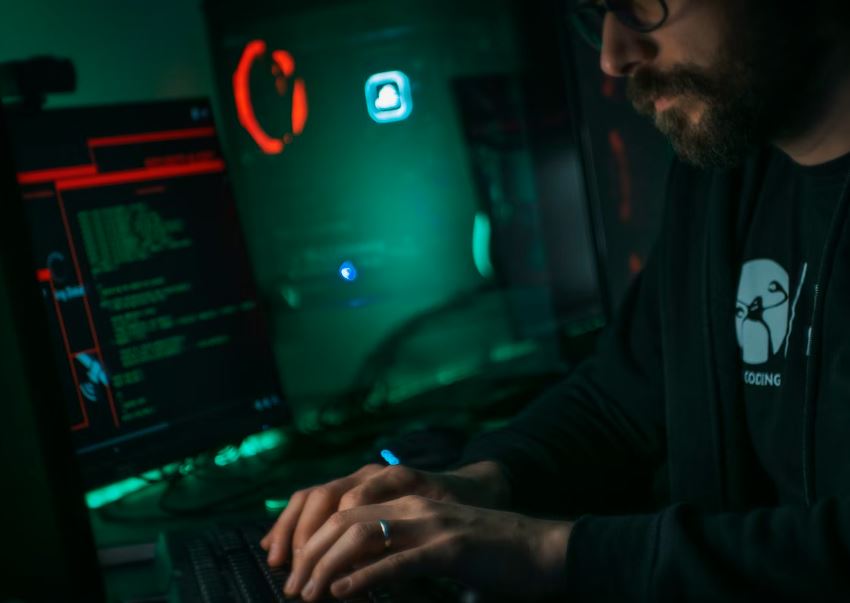The gaming industry has exploded in popularity and profitability. With global revenue reaching over $180-$190 billion in 2022, with its growth comes a heightened risk of cyberattacks. As games continue to amass devoted user bases and handle sensitive user data, maintaining robust cybersecurity measures is critical.

However, the unique nature of gaming ecosystems also poses distinct security challenges that developers must address.
Defending Against Data Breaches
With millions of users registering accounts, gaming networks store vast troves of personal data. Player names, email addresses, passwords, payment information and more are prime targets for hackers. A breach could enable fraud or account takeovers, not just within the compromised game but any other apps where players reuse credentials.
Developers must implement rigorous access controls, encryption and hashing algorithms. Regularly updating protocols is also key, as hackers constantly evolve techniques to bypass defenses. Threat monitoring, penetration testing, and prompt patch management help identify and fix vulnerabilities before criminals exploit them.
Also Read: The Role Of Data Science In Emerging Technology
Blocking Cheaters and Hacks
For competitive games, cheaters who use hacks or exploits to gain unfair advantage can quickly ruin the experience. Anti-cheat systems must detect unauthorized third-party software and distinguishing cheaters from highly-skilled players is an ongoing arms race.
For example, a 2020 scandal saw rampant cheating in Call of Duty: Warzone, infuriating legit players and harming the game’s integrity.
Server-side validation and tools like machine learning algorithms help recognize suspicious behavior patterns. But frequently updating detection rules is crucial as new hacks emerge. Matchmaking algorithms can also steer likely cheaters away from fair players.
Securing In-Game Economies
Many titles feature in-game economies where players can buy, sell or trade virtual items. This introduces incentives for fraud, such as using stolen payment sources or compromising user accounts to steal inventory.
Robust account security is important, but developers should also leverage transaction monitoring to identify suspicious purchasing patterns. Item trading also requires oversight to prevent exploits like duplication glitches or selling counterfeit goods.
Protecting Online Casino Tables
For online gambling games and casino tables online, ensuring fair odds and preventing cheating are paramount. Encryption secures communications between game clients and servers. Servers should regularly audit game records to detect tampering.
Anti-collusion measures also help prevent scenarios where players could team up against others at a table. Rigorous compliance and regulation are also key for any real-money gaming.
Developing a Security-First Culture
Technical solutions are important but cultivating good security practices across teams is also key. Security training helps build awareness and ensure personnel follow policies consistently.
Vetting third-party partners helps avoid introducing risks through integrations and services. Building secure coding practices into development lifecycles pays dividends. A robust incident response plan also enables promptly containing damages from any breaches.
Prioritizing User Trust
Ultimately, cybersecurity is crucial for maintaining user trust and engagement. Players will abandon titles that fail to provide a fun and fair environment. As threats evolve, developers must continuously invest in protecting their communities. With proactive security and vigilance, the industry can thrive safely and securely.
Also Read: Integrating AI into a Comprehensive Data Management Strategy
Conclusion
Cyberattacks pose an ever-present threat across the gaming landscape. Hacks, data breaches, cheating and fraud could all quickly erode player trust and engagement. However, with a multilayered approach leveraging security best practices and technologies, developers can identify and mitigate risks. As games continue to grow in reach and revenues, prioritizing cybersecurity will be key to enabling long-term success.